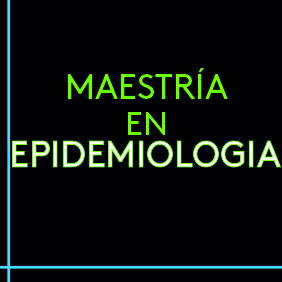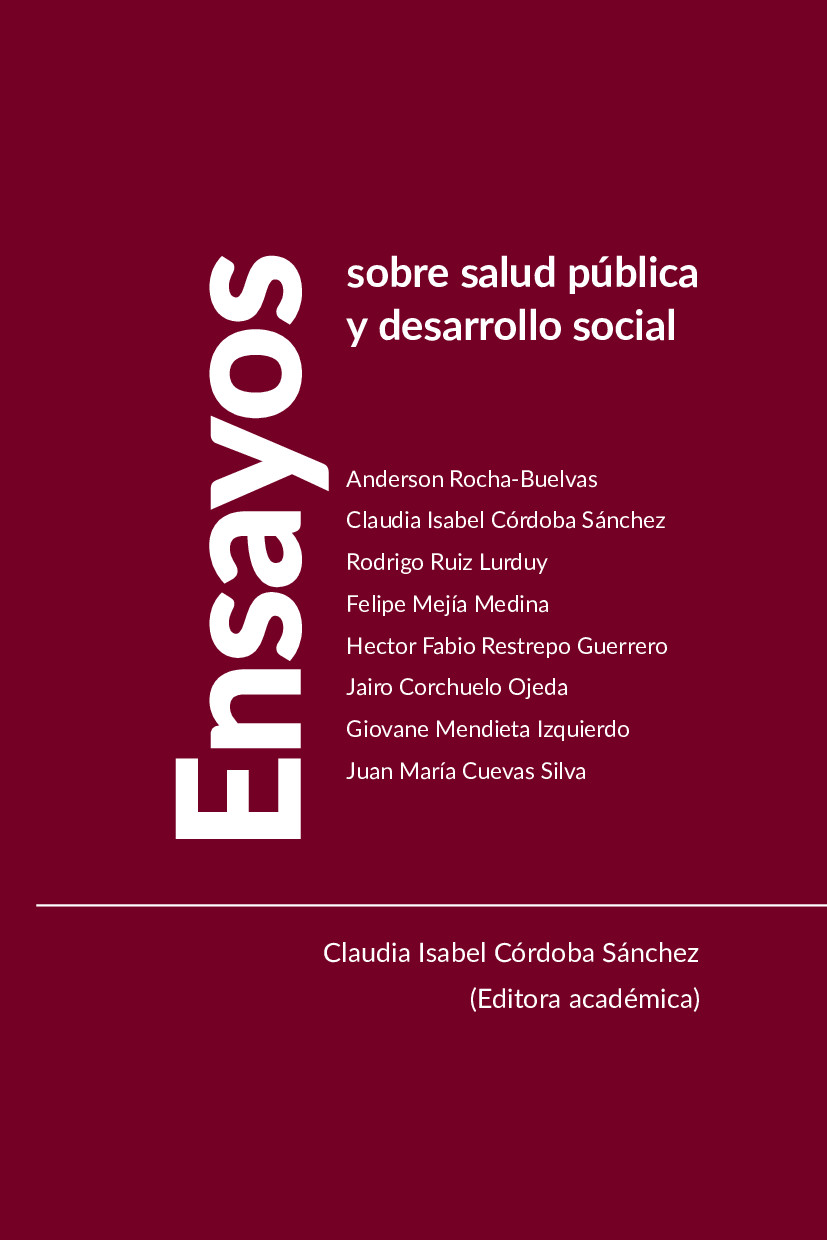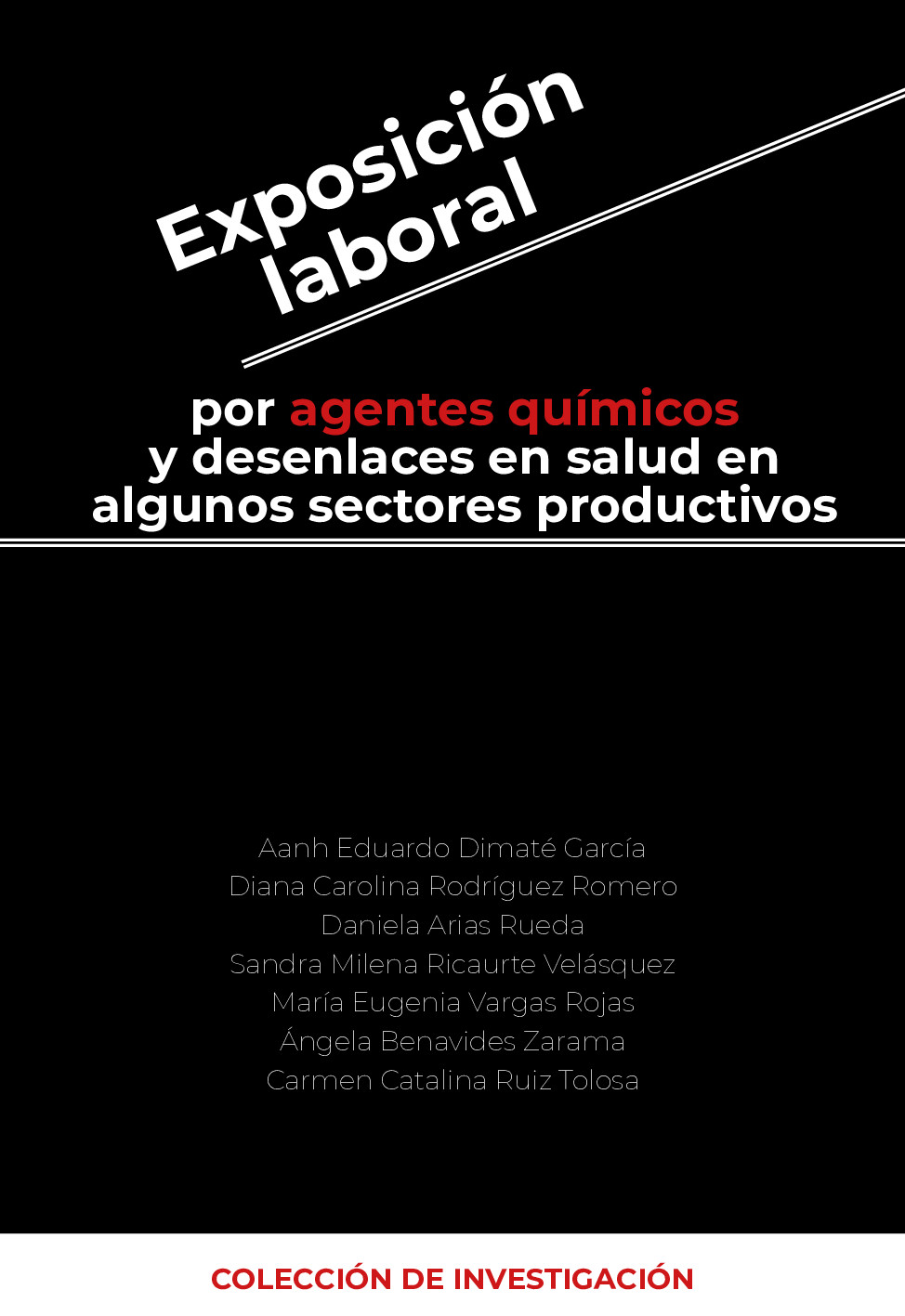Abstract
Introducción: en Colombia existen 87 pueblos indígenas, que corresponden al
3,4% de la población nacional, donde se conoce muy poco sobre la presencia del
VIH, otras enfermedades por Infección de Transmisión Sexual (ITS), y en eneral
sobre su Salud Sexual y Reproductiva (SSR). Así que investigar e intervenir sobre esta realidad es pertinente ante la situación de pobreza, dificultades en la salud y aculturación en que viven la mayoría de los indígenas, que los pone en riesgo de infectarse por VIH y otras ITS. El objetivo de este estudio es identificar y medir conocimientos y comportamientos de riesgo para VIH y SSR, en un resguardo indígena del departamento de Antioquia durante 2012.
Métodos: se realizó un estudio transversal para investigar los conocimientos
sobre VIH y comportamientos asociados, en un grupo de 43 personas mayores
de 15 años. La participación fue voluntaria y el proyecto tuvo la aprobación de la comunidad y del Comité de Bioética de la Facultad Nacional de Salud Pública. El análisis incluyó distribución de frecuencias y se establecieron diferencias en las respuestas de los participantes, según su previa capacitación en el tema.
Resultados: la mayoría de las personas no han oído hablar del VIH o del SIDA y
desconocen sobre los mecanismos de transmisión del virus. Por otra parte es una comunidad que acepta y accede a diferentes tipos de anticonceptivos, pero poco el condón. Conclusión: el desconocimiento y la deficiencia de programas educativos en SSR en esta y otras comunidades indígenas en Colombia, se convierten en factores de riesgo para VIH y otras ITS. Esta es una realidad a la que es necesario prestarle atención desde la perspectiva de la prevención del VIH y la promoción de la salud.
Abstract
Background: in Colombia there are 87 different indigenous groups which represent 3.4% of the country’s population and there is limited knowledge in this population about the presence of HIV, other STDs and in general about Sexual and Reproductive Health (SRH). Also, because of the poverty, marginalization and acculturation in which indigenous people live in Colombia, it is very important to investigate and intervene this reality. The Objective of this study was to identify and measure knowledge and risk behaviors about HIV and SRH n an indigenous reservation in the Antioquia department during 2012.
Methods: a cross-sectional study was conducted. A total of 43 residents older than 15 years of age were asked about their HIV knowledge, risk behaviorsand general knowledge about SRH. The project was approved by community leaders and a research ethics committee. Data analysis included simple frequency distributions and a comparison of participant’sknowledge according to their history of previous SRH education. Results: most people had not heard before about HIV or AIDS and have little knowledge about the mechanisms of virus transmission. On the other hand, most people accept and had previous experience with differentbirth control methods, condom use was low.
Conclusions: the low levels of knowledge and development of educational programs about SRHin this and other indigenous communities in Colombia, increase the risk of indigenous people for HIV and other STDs. This is a reality that deserves careful attention from the perspective of HIV prevention and health promotion.
KeyWords: Sexual and Reproductive Health; HIV; Indigenous Population;
Knowledge; Behavior.
Licence
Authors should declare no conflicts of interest either for reasons of financing the project which is the result of the article; as well as intellectuals, academics, moral and investigative reasons.
The Journal of Andean Research is home to the ethical rules for publications issued by the COPE: http://publicationethics.org/resources/code-conduct


















